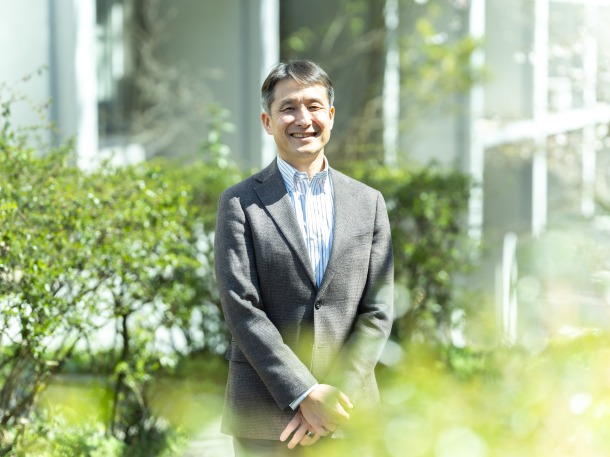
There are probably a surprising number of Waseda students who think they are not prone to health problems, saying things like, "I understand the importance of health, but I'm young and I'm not sick right now, so I'm fine!" However, there may be unexpected pitfalls that could damage your health lurking in your everyday habits.
The 2024 "Teach! Waseda Discussants" theme is "What is Health?". Health will be explained from the viewpoints of several experts. Our guest this time is Motohiko Miyati Professor (Faculty of Sport Sciences), who researches the effects of physical activity and diet on health. We asked Miyati Professor, who has elucidated health from various angles with a focus on exercise physiology, about health habits that students should be aware of and how to deal with health from the time they are students.
Prof. Miyachi, how should we approach our health?
Being physically healthy does not necessarily equal happiness. It is important to understand health through the concept of "well-being," which includes mental and social happiness. Ideal health is different for each individual and is becoming more diverse. To achieve your own "personal health," first try to find a lifestyle rhythm that suits you.
INDEX
▼The meaning of health that we should reconsider now. What are the "healthy habits" that students should be aware of?
▼Be careful with popular proteins and supplements! What should you keep in mind in terms of diet and exercise?
▼Your body is a small planet? Your own health consciousness leads you to think about society
The meaning of health is something we should reconsider now. What are the "healthy habits" that students should be aware of?
Based on your research so far, what do you think about the health of Japanese people?
Japan is the number one country in the world in terms of both average life expectancy and healthy life expectancy. While the average number of steps taken by Americans is around 4,000 to 5,000 a day, the average Japanese person takes around 6,000 to 7,000 steps a day, perhaps due to their hard-working national character. Japan also has a low obesity rate, making it one of the healthiest countries in the world.
However, being physically healthy and living a long life alone does not necessarily mean happiness. Recently, there has been a trend in research that Focus on good mental and social health in addition to physical health. From the perspective of well-being, I believe there is still room for improvement in the health of Japanese people, who tend to be stressed and worried.
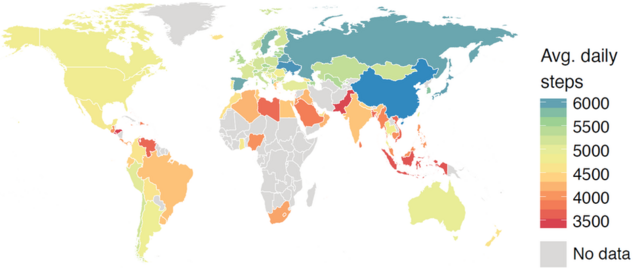
Average number of steps taken per day in each country. East Asia tends to have higher number of steps (Althoff et al., 2017)
I have the impression that university students tend to be less health conscious. What health habits should they start being conscious of now?
It is no exaggeration to say that learning a lifestyle that suits you is the literacy that you should acquire during your time at university. I want you to find the lifestyle that will keep you the healthiest physically, mentally, and socially.
Looking back, I think that up until high school, I was able to maintain my daily rhythm externally through school schedules, dinner times with my family, etc. However, in college life, where you can freely make your schedule, start living alone, and focus on Extracurricular activity, it becomes necessary to autonomously organize your daily rhythm.
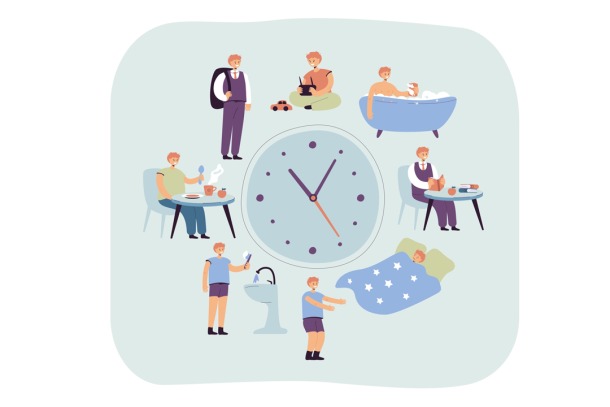
Disruption of your daily rhythm reduces your ability to concentrate and concentrate, which leads to a lower quality of life. To prevent this, try to set rules for yourself to do something regularly at a set time, such as "eat breakfast at 8am every morning" or "go to bed at midnight on weekdays and holidays." It is also effective to use a smartwatch that can visualize your sleep time and exercise amount.
Your daily routine doesn't necessarily have to be a morning person. Finding and learning the right lifestyle habits for you while considering the balance of food, exercise, and sleep will also help you perform better at work once you enter the workforce.
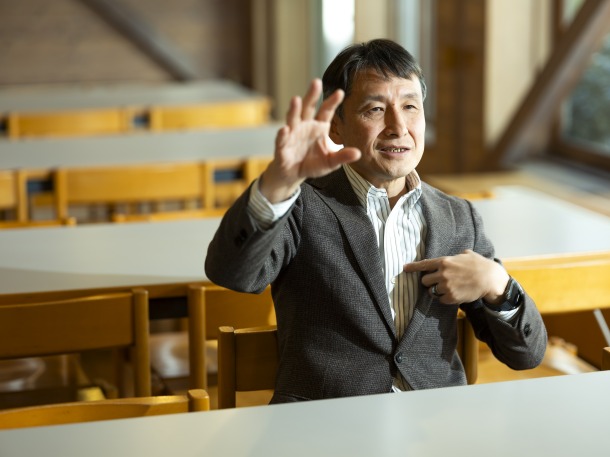
Professor Miyachi is a fan of wearable devices. Miyachi always wears three: the Oura Ring for sleep, a Fitbit for steps and physical activity, and an Apple Watch for running and cycling distance and speed.
Be careful with popular proteins and supplements! What should you keep in mind in terms of diet and exercise?
Is there anything I should be careful about in terms of diet while living as a student?
In order to get your daily rhythm in order, it is important to eat breakfast first. Breakfast gets your intestines moving, wakes up your body and sets the rhythm for the day.
Also, the number of foods you eat per day is key to getting enough nutrients. Try to include a set of staple food, main dish, and side dish in at least one meal per day. If that's difficult, you can increase the number of foods you eat by choosing gomoku soba noodles with lots of toppings, topping udon noodles with eggs or meat, or adding a salad. It's also important to be aware of getting nutrients from the food itself as much as possible. One option is to supplement missing nutrients with supplements, but relying on them too much can lead to over-consumption of nutrients and other nutritional deficiencies.
For example, protein shakes are popular these days as they are an easy way to supplement your protein intake, but the ideal amount of protein is about 1g per kg of body weight. Research has shown that consuming excess protein through protein shakes can have the opposite effect, rather than increasing muscle strength. Rather than relying solely on protein, we recommend incorporating foods such as salad chicken, which also contain a wealth of nutrients that build muscle.
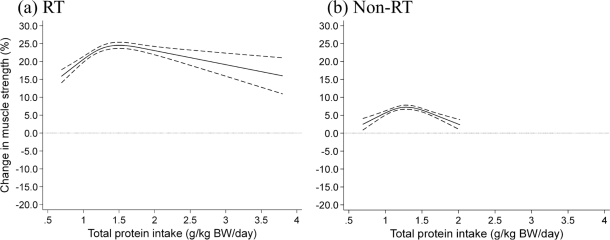
A graph showing protein intake on the horizontal axis and muscle strength increase on the vertical axis. Whether resistance training (RT) is being done (left) or not (right), the effect is reduced when consuming more than 1.3 g of protein per kg of body weight per day (Tagawa et al., 2022).
Recently, there has been a problem with students becoming too thin due to dieting, etc. If your BMI* is less than 22, please reevaluate your lifestyle. If you make a circle with the thumbs and index fingers of both hands and encircle the thickest part of your calf, and there is a gap, this indicates low muscle mass and is something to be careful of.
(*) Weight (kg) divided by height (m) squared
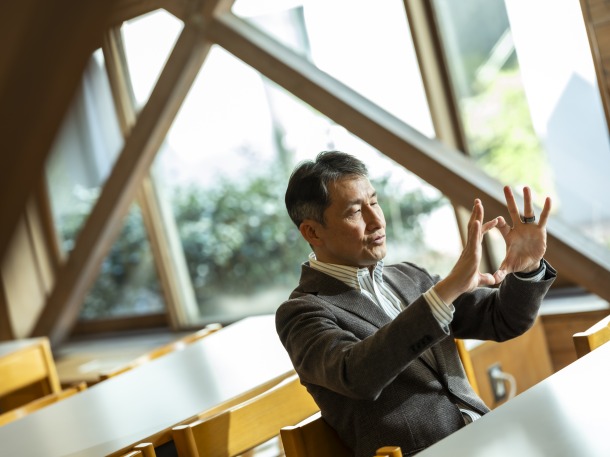
Next, is there anything we should pay attention to in terms of exercise and sleep?
It goes without saying that exercise is good for your health. However, even if you know that, not many people can continue to exercise moderately. For those who are not physically active and lack exercise, we recommend "+10" - moving your body just 10 minutes more a day than you do now.
According to the Ministry of Health, Labor and Welfare's National Health and Nutrition Survey, when asked, "Can you walk 1,000 steps (10 minutes) more than you do now?", about 61% of people answered "yes." Based on the results of a large amount of past research, it has also become clear that even 10 minutes of exercise a day can have health benefits, such as reducing the risk of developing various diseases. You can also "Baba-aruki" from Waseda Station to Takadanobaba Station without taking the train, or you can do any exercise you like, such as strength training or yoga.
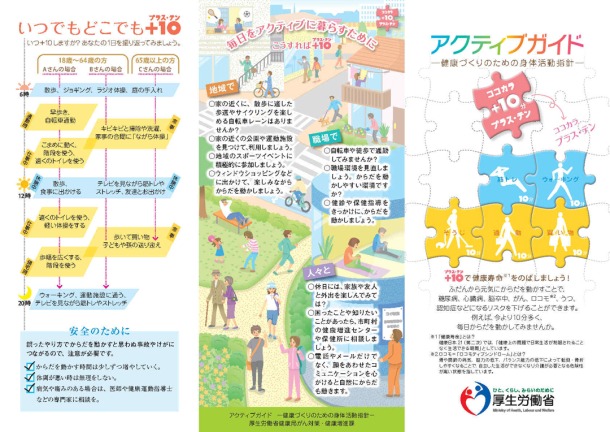
"Physical Activity Guidelines for Health Promotion" formulated by the Ministry of Health, Labor and Welfare (click to enlarge)
As for sleep, it's good to get 6 hours of sleep a day. Not only quantity but also quality of sleep is important. Irregular sleep, such as cramming, can cause "social jet lag" and reduce the quality of your sleep, so be careful. There may be days when you can't go to bed at the same time because of a drinking party, but try to get up at the same time as usual the next morning and maintain your daily rhythm.
Your body is a small planet? Your own health consciousness leads you to think about society
Could you please tell us about any research you are currently paying attention to, or anything you would like to focus on in the future?
I have been researching the mechanisms of health promotion and the interactions between physical activity and diet from the perspectives of exercise physiology, epidemiology, and public health. Until now, I have specialized in research on the human body, but in the future I would like to focus on research that looks at "health" from a more multifaceted perspective and transcends academic fields.
One of the areas we are particularly focusing on is research into the intestinal environment, which is in a symbiotic relationship with us. Recent research has revealed the importance of a wide variety of intestinal bacteria. Our immunity is protected and our health is maintained by the metabolism of the diverse bacteria in our intestines. When we focus on such diversity, doesn't our body seem like a small planet?
I find it fascinating to combine health research with ideas that are also aligned with the SDGs, such as diversity and sustainability. I would like to continue using scientific research methods in the future, while also working on research that fuses them with humanities disciplines such as sociology and philosophy.
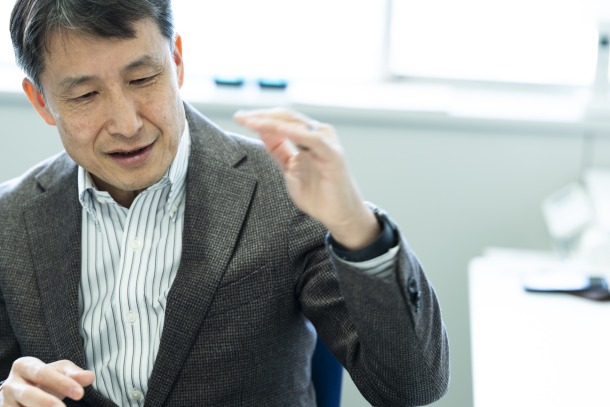
Lastly, please give a message to Waseda University students.
I have said that the four years of university life are a time to autonomously organize your daily rhythm. At the same time, I believe that this is also a time to explore and realize your own ideal state of health.
Health is not just an issue for one person. From a macro perspective, losing one's health can be seen as a social loss, as it means losing the driving force of an individual who bears the future of Japan and the world.
By broadening your perspective in this way, you can realize that your own health consciousness is also connected to the global environment, such as contributing to reducing exhaust gas emissions by walking instead of using a car, or reducing CO2 emissions by switching from beef to soy as your protein source. I would be delighted if you could take another look at your own health while also thinking about society as a whole.
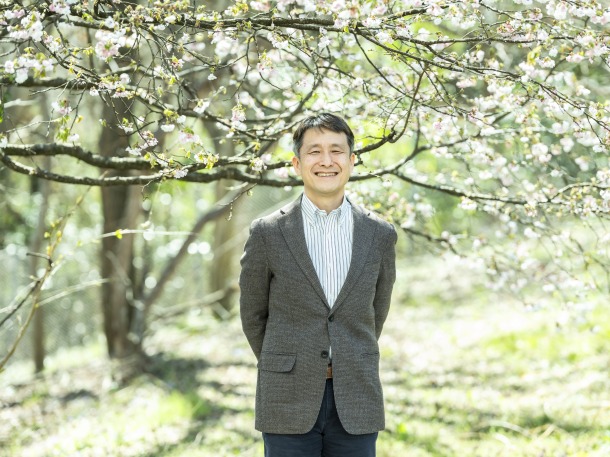
Motohiko Miyachi
Professor Faculty of Sport Sciences. Ph.D. (Physical Education Science). Specializes in health and sports science. Using physiological and epidemiological methods, Miyachi is elucidating the interactions between physical activity and diet on health. Miyachi participated in the formulation of the "2023 Physical Activity and Exercise Guide for Health Promotion" published by the Ministry of Health, Labor and Welfare.
Interview and text: Akane Ichikawa (Graduated from School of Culture, Media and Society in 2017)
Photography: Kota Nunokawa
Image design: Ryo Uchida

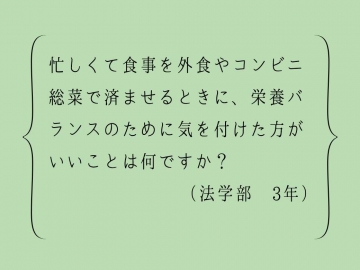

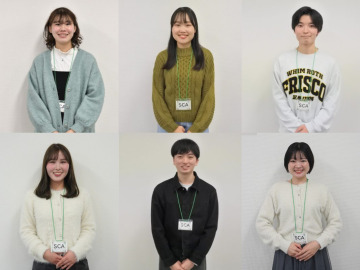


![[Save version] Map of the four main campuses](https://www.waseda.jp/inst/weekly/assets/uploads/2025/09/17cb2975123fc5103172ef60bd98608d-610x458.jpg)

